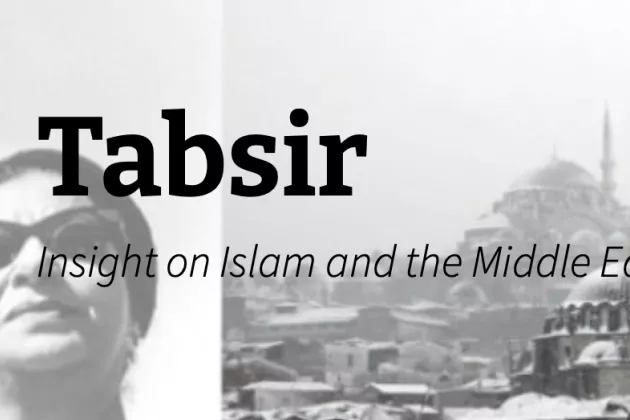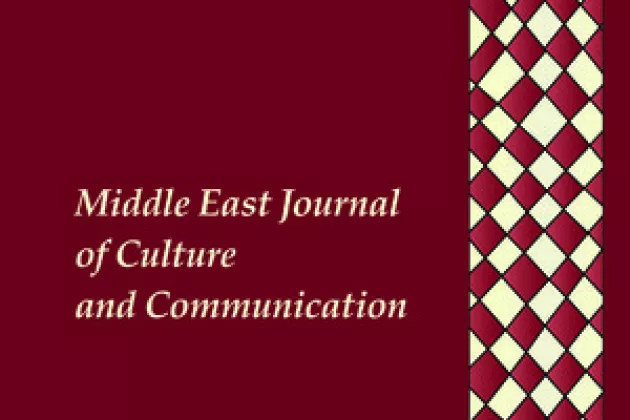The interview aired on 5 January 2023 on P4 Kristianstad. Below are some excerpts from the interview translated into English.
Listen to the interview in Swedish here
On 17 December 2010 Mohammed Bouazizi set fire to himself in Tunisia. He was the third person to do so in Tunisia that year. His actions led to protests which intensified when he passed away on 4 January 2011.
Videos of Bouazizi setting himself on fire was circulated through social media and on TV, leading to viral online campaigns in addition to the massive street protests that spread to countries such as Egypt, Yemen and Libya.
Egypt, for instance, had similar cases of protests caused by police violence. Such underlying factors causing anger and frustration among the region's peoples eventually led to the fall of some regimes.
Tunisia was celebrated as a successful case of democratisation in the region in the aftermath of the Arab Spring. Unfortunately, this development has been reversed over the past few years following President Saeid's "self-coup" in 2021 when he suspended parliament as a result of economic instability, political polarisation and the Covid pandemic. Despite this, many young people in Tunisia continue to value and hope for democracy, in addition to economic stability.





